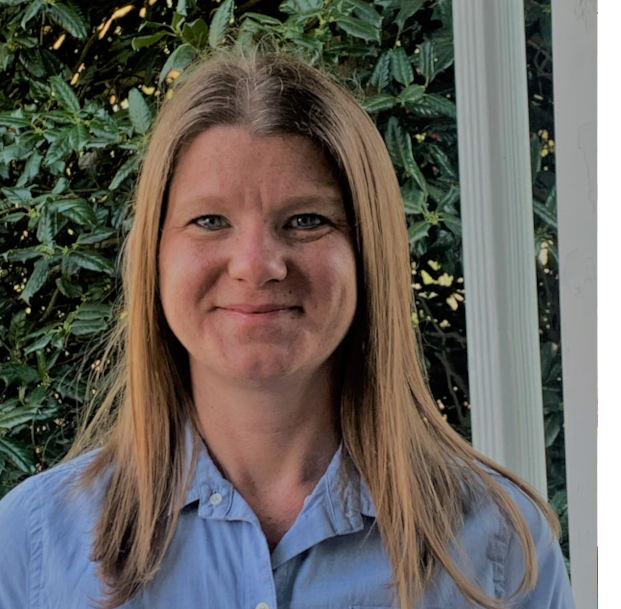
Understanding Your Credit Interest
3/15/2018
Understanding your Credit Interest
Credit Cards are not free, and can cost you a lot of money if you are not paying attention.

Credit cards are beneficial in so many ways. They provide the ability to buy now and pay later, which is a huge benefit should you find yourself in an emergency situation. They offer more protection than using cash and have security features if your card gets lost or stolen. Credit cards, when used responsibly, are also one of the most effective ways to build and maintain your credit score. With all of these advantages, it is often easy to overlook the major disadvantage of credit cards, which is of course, the interest charge. Yes, it is true… these wonderful little plastic things are not free, and can cost you a lot of money if you are not paying attention. Understanding how your credit card interest works will help you best avoid credit pitfalls.
How to calculate interest rate
The first step is finding out what your interest rate is on your credit card. This number should be listed on your credit card statement as your APR, or your Annual Percentage Rate.
Creditors charge interest on a daily basis, so you need to convert your APR into a daily percentage rate. You can do that by dividing your APR by the 365 days in a year.
For example, let's say your APR is 15%. To calculate the daily interest you would divide 15% by 365 to get .041% (.15/365 = .00041)
You would then multiply your balance by .041%. So if your balance on your credit card is $5,000, then your daily interest charge is $2.05 (5,000*.00041 = 2.05).
Since your balance may change from day to day, most creditors use the average daily balance method to calculate the interest charge for the billing cycle. This means that they will calculate how long you held each balance during the billing cycle and calculate an average number. So if you charge more, the rate will slightly increase and if you make a payment before the billing due date, the rate will slightly decrease.
While the process may seem complicated, the bottom line is that you are paying money every day you hold a balance on your credit card and the interest is compounding. It's no wonder paying off credit card debt seems like it takes an eternity!
Read More: Understanding Compound Interest
How to avoid paying interest
The easiest way to avoid paying interest is not using credit cards at all, but with so many advantages of having them, this is often not the best option. The good news is most creditors have a grace period in which no interest will be charged if the balance is paid in full by or before the payment is due. So you can use your credit card monthly and as long as you pay off the balance entirely by the due date you will not accrue any interest charges and will be able to best take advantage of all the perks of having a credit card.
For those with balances too high to be paid off in full at once, to minimize accumulated interest charges, your first step would be to stop using the card entirely as each charge will become more and more expensive. Next, you want to be sure you are paying more than the minimum payment each month. You may also consider making multiple payments each month which will lower your average daily balance, resulting in a small savings in interest charges.
And for those of you who feel doomed to a life of minimum payments, there is hope! Navicore Solutions' Credit Counselors are here to help you figure out the best plan for you to get out of debt as quickly as possible. The first step is reaching out, and the sooner you call, the more you will save! So call a counselor today at 1-800-992-4557.
 Lauren Lovett has been with Navicore Solutions for over 10 years serving as a Certified Credit Counselor, and currently as the Grants Manager. While in these roles, she has witnessed the positive impact that the organization’s counseling services has on improving the money management skills and housing security of individuals and families in need.
Lauren Lovett has been with Navicore Solutions for over 10 years serving as a Certified Credit Counselor, and currently as the Grants Manager. While in these roles, she has witnessed the positive impact that the organization’s counseling services has on improving the money management skills and housing security of individuals and families in need.